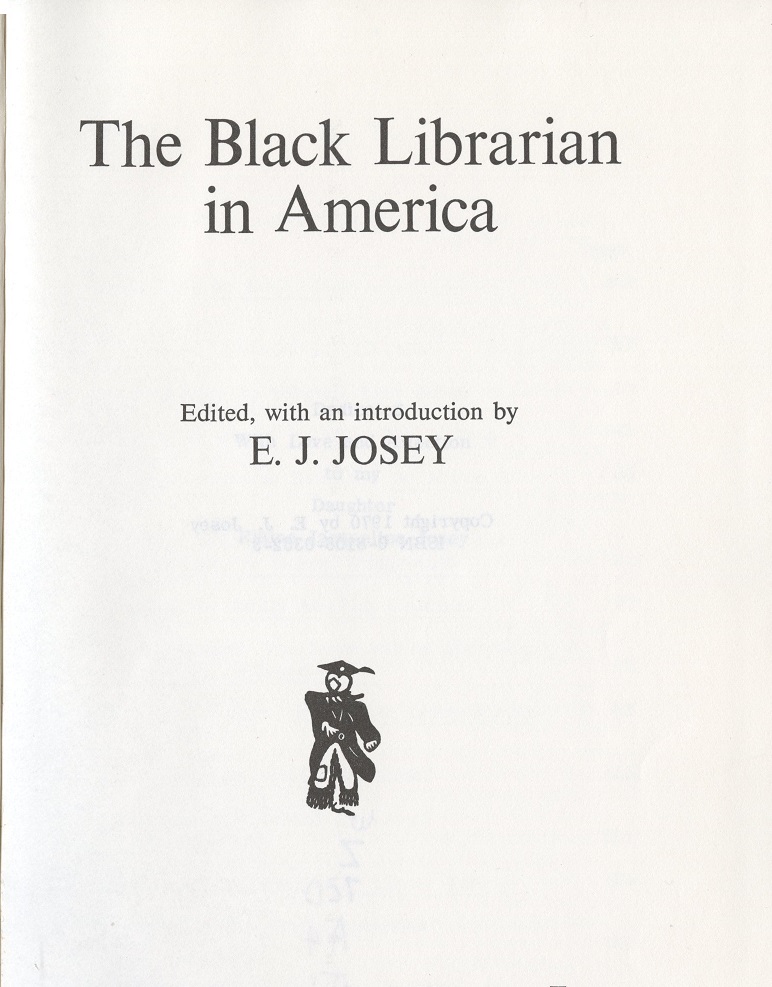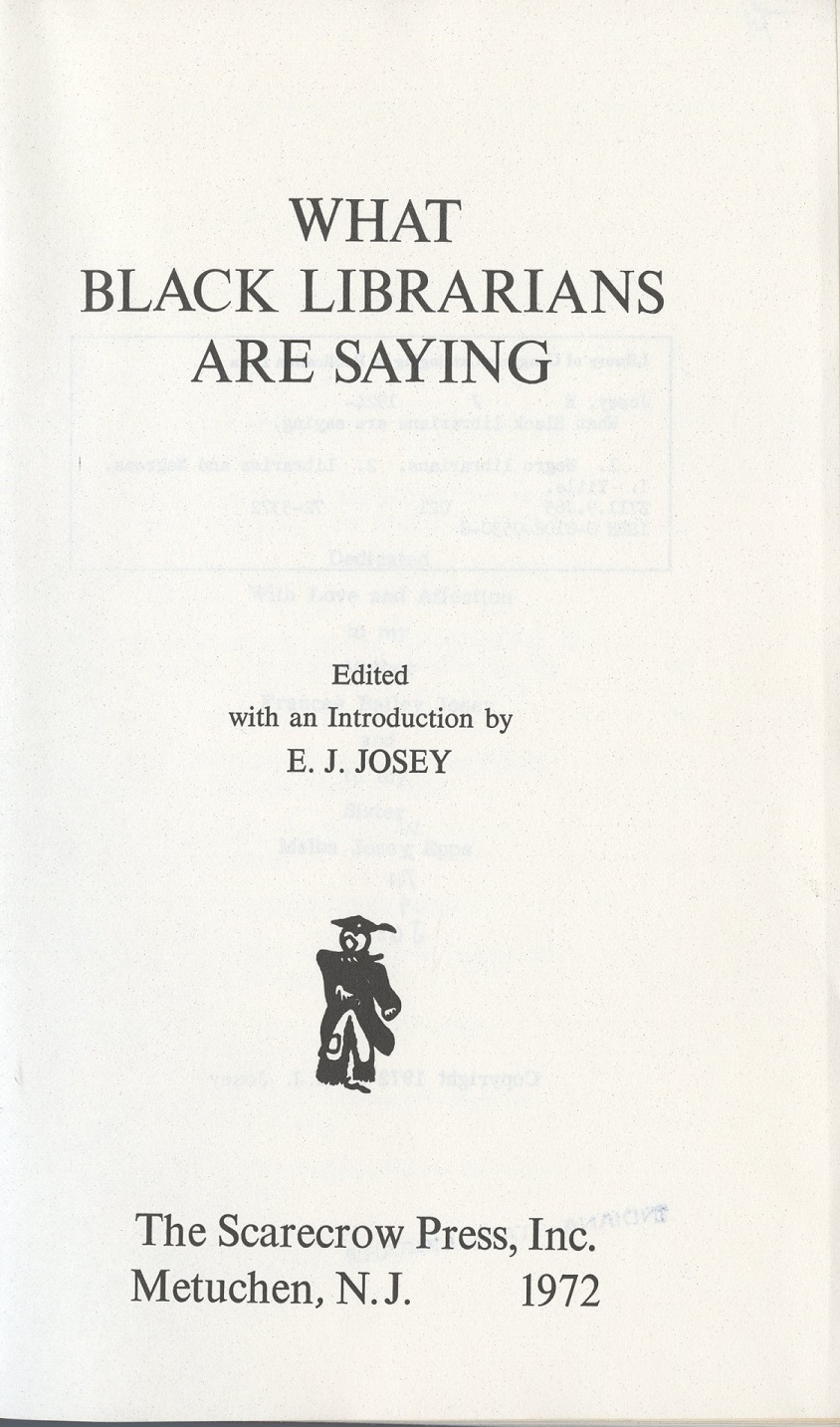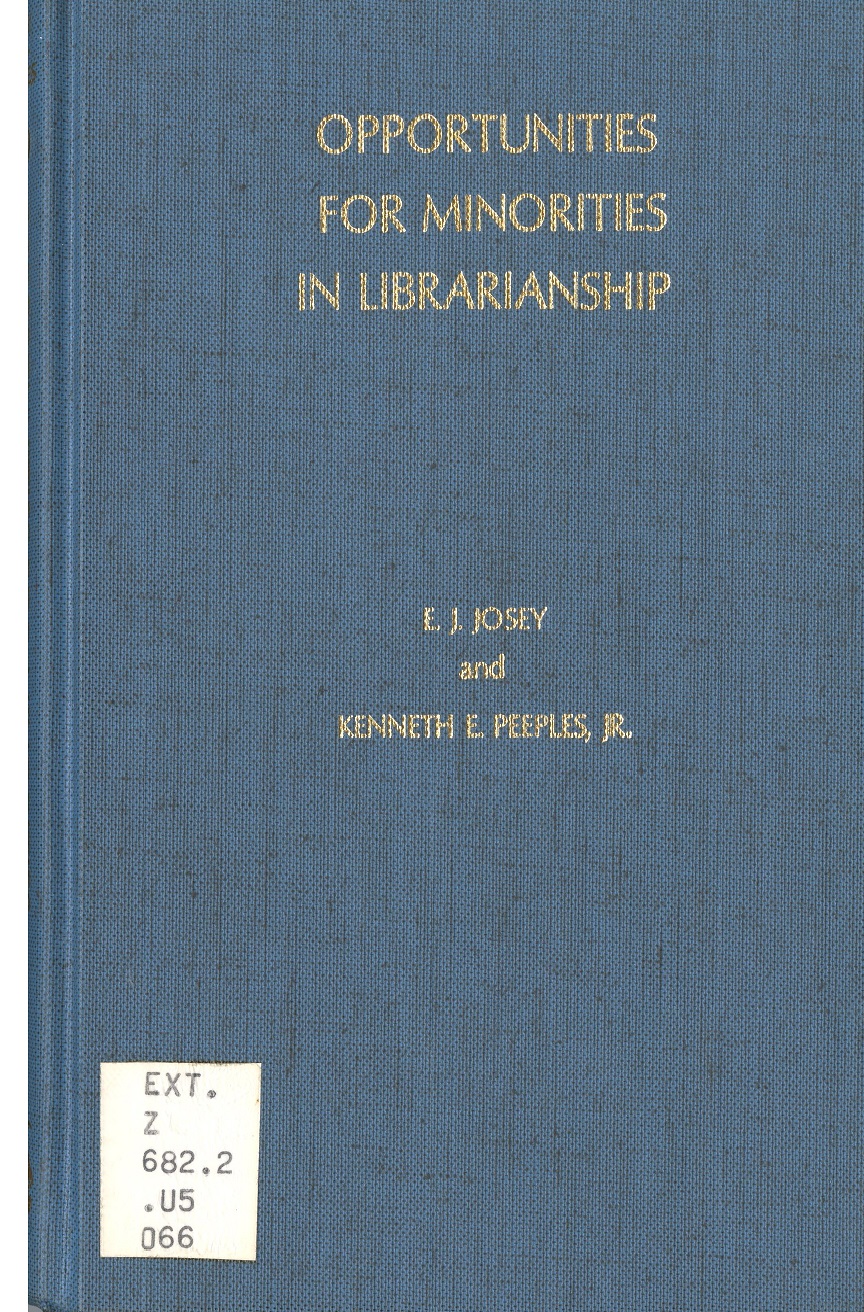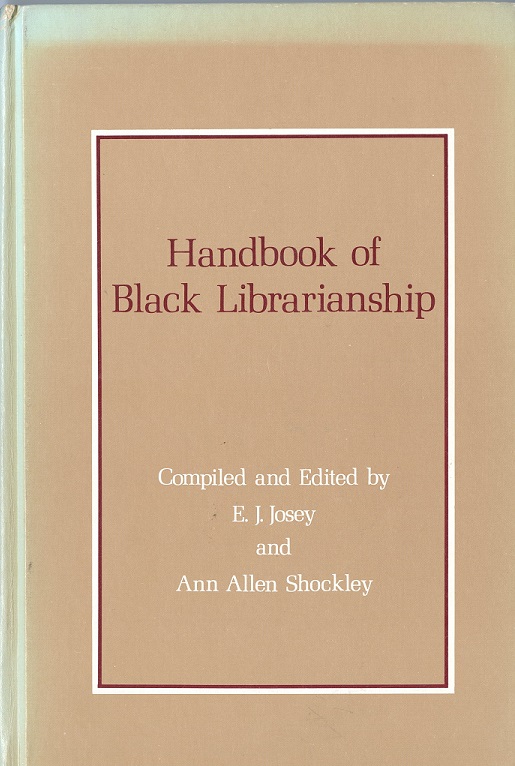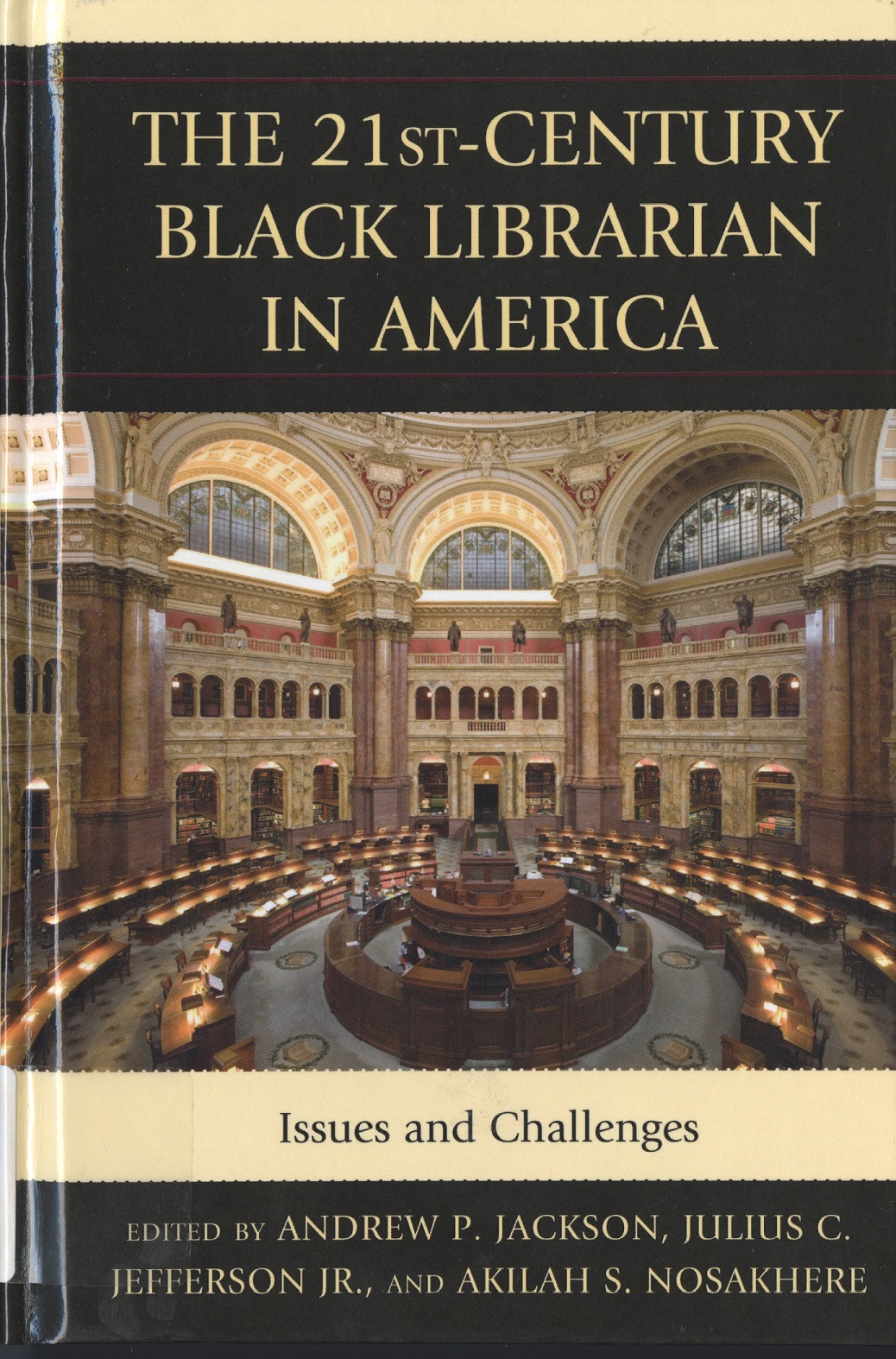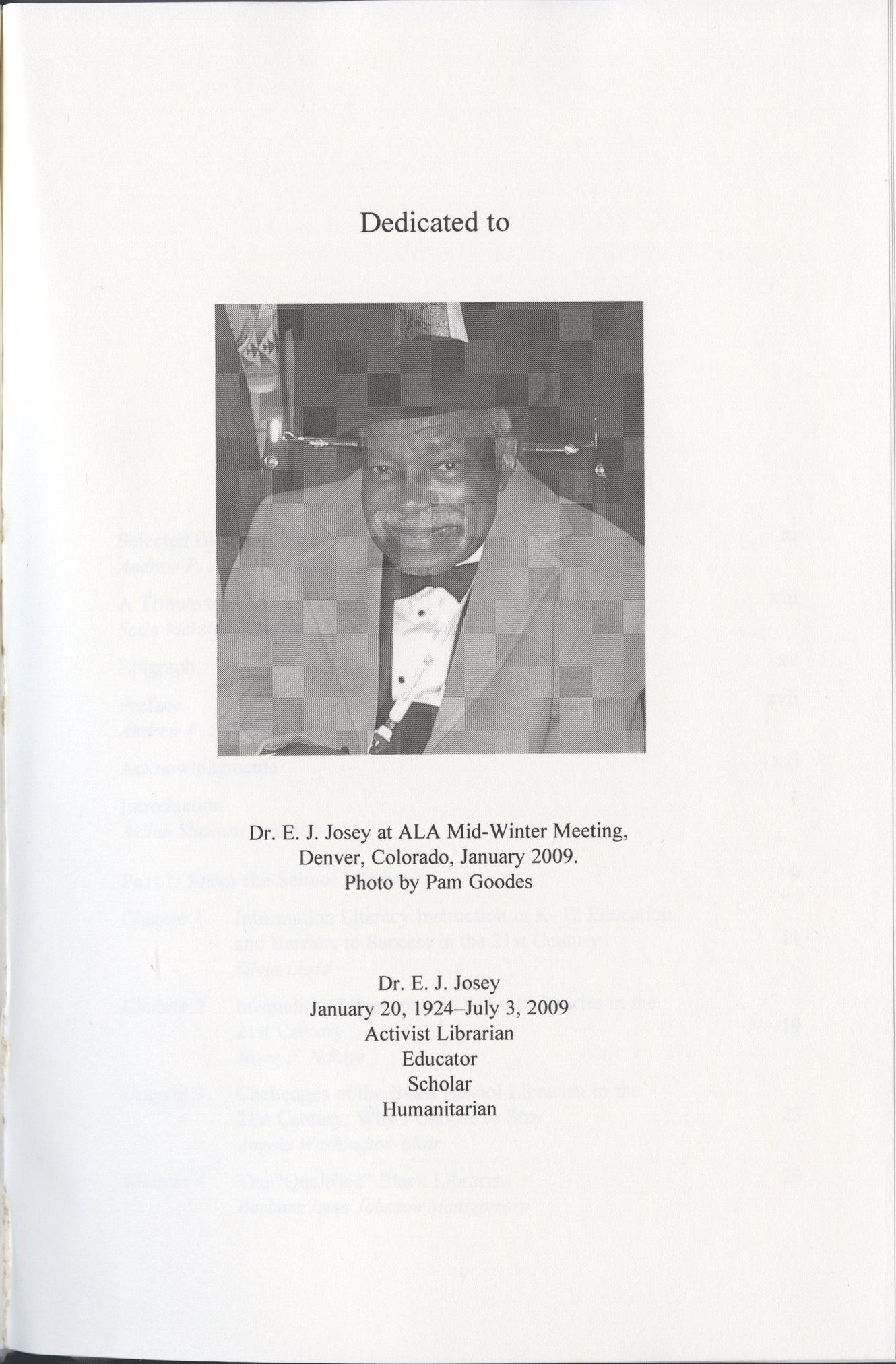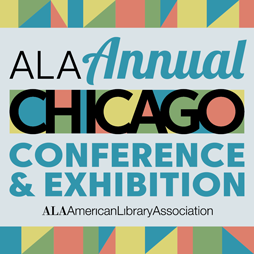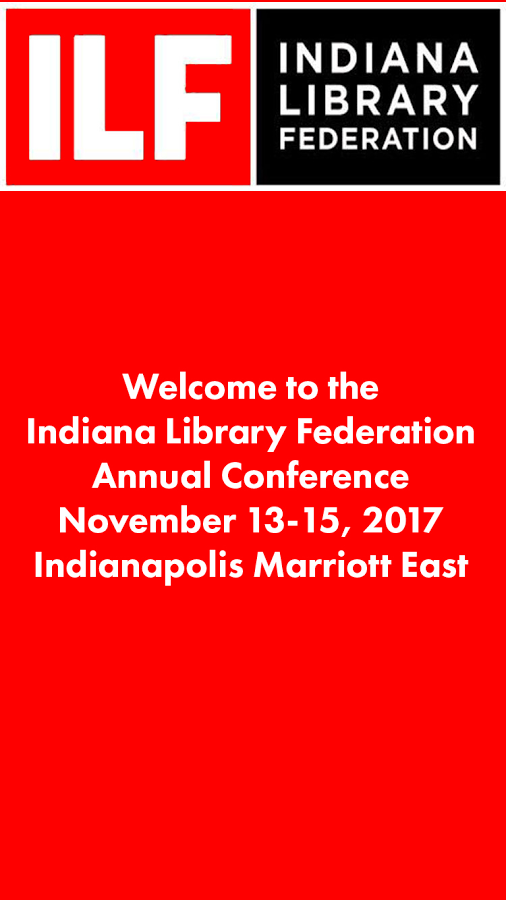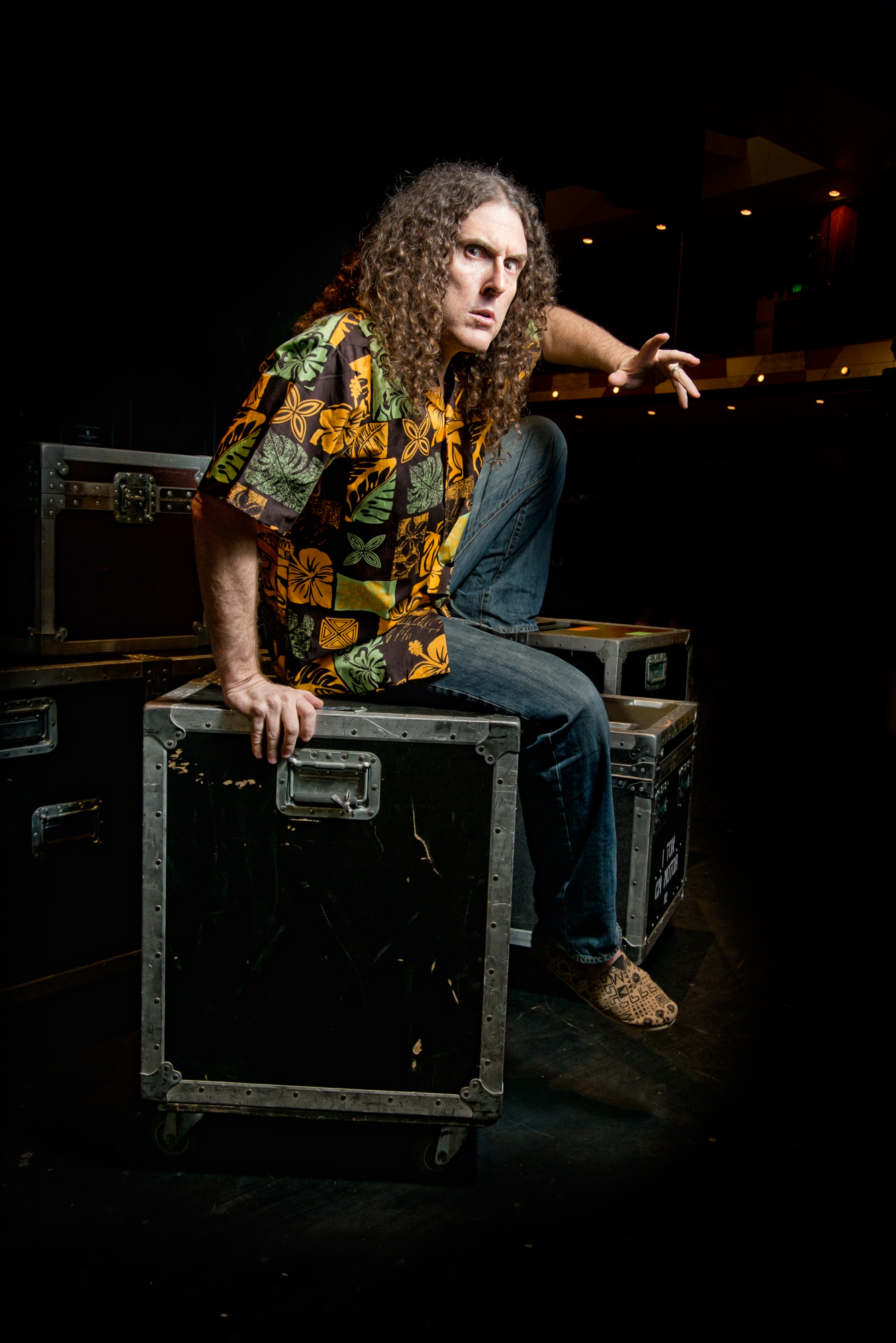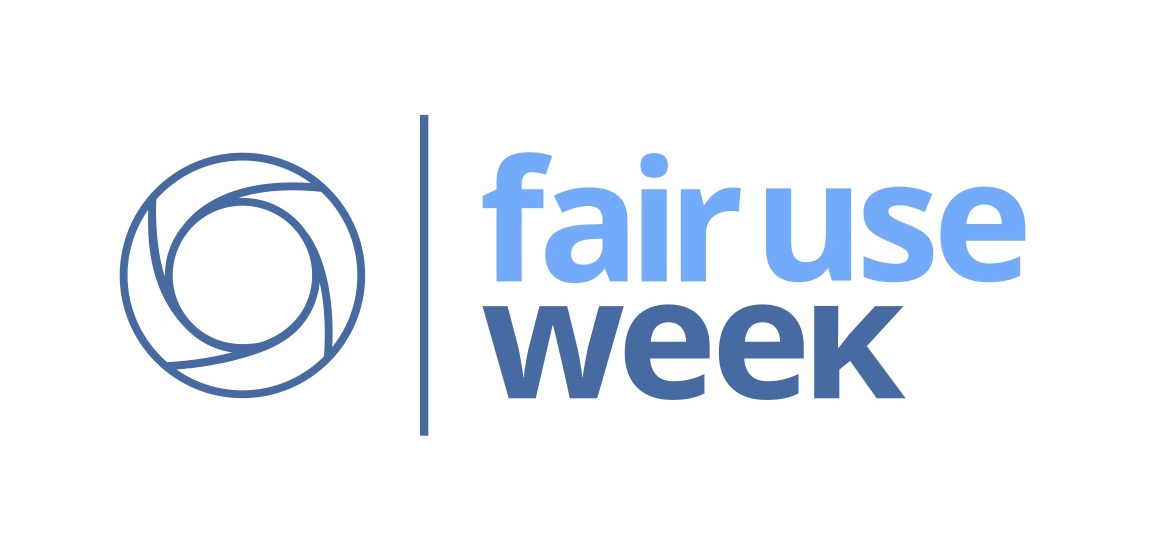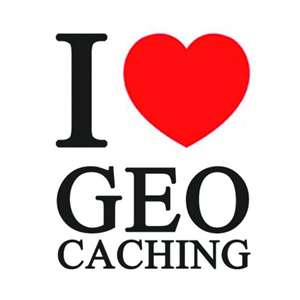On Friday, Nov. 8, the Indiana State Library held a small gaming demonstration for library employees. The event was designed to help librarians and library employees begin to explore the use of board games in a library setting; especially the games’ ability to help promote the development of soft skills. It was held in conjunction with the American Library Association’s International Games Week. In the future, we hope to bring this type of discussion to library communities as a training opportunity.
In 2007, two librarians whom I consider pioneers in the use of games in libraries, Jenny Levine and Scott Nicholson, had the idea to attempt to set a world’s record for the number of people playing the same game at the same time at libraries. This day became National Games Day and libraries around the United States were encouraged to hold events to promote and play games and, if possible, help set this record. Five years later it was re-branded International Games Day and five years after that, on the tenth anniversary, it was expanded and re-branded again to International Games Week. For a full history, check out their website.
As I wrote about in my last blog entry, “Fun and games or secret career-building tool?,” games of all types can help the players learn and practice skills that are coveted by many employers. The participants at this event got a chance to discover and discuss these concepts and the consensus was to bring this discussion to the larger Indiana librarian community. Join me on Wednesday, Nov. 27 at 10 a.m. for a webinar on this topic: “Engagement with soft skills – using board games at the library to engage patrons and improve career readiness.” Please see our calendar for this event and for other training opportunities.
This post was written by George Bergstrom, Southwest regional coordinator, Professional Development Office, Indiana State Library.



